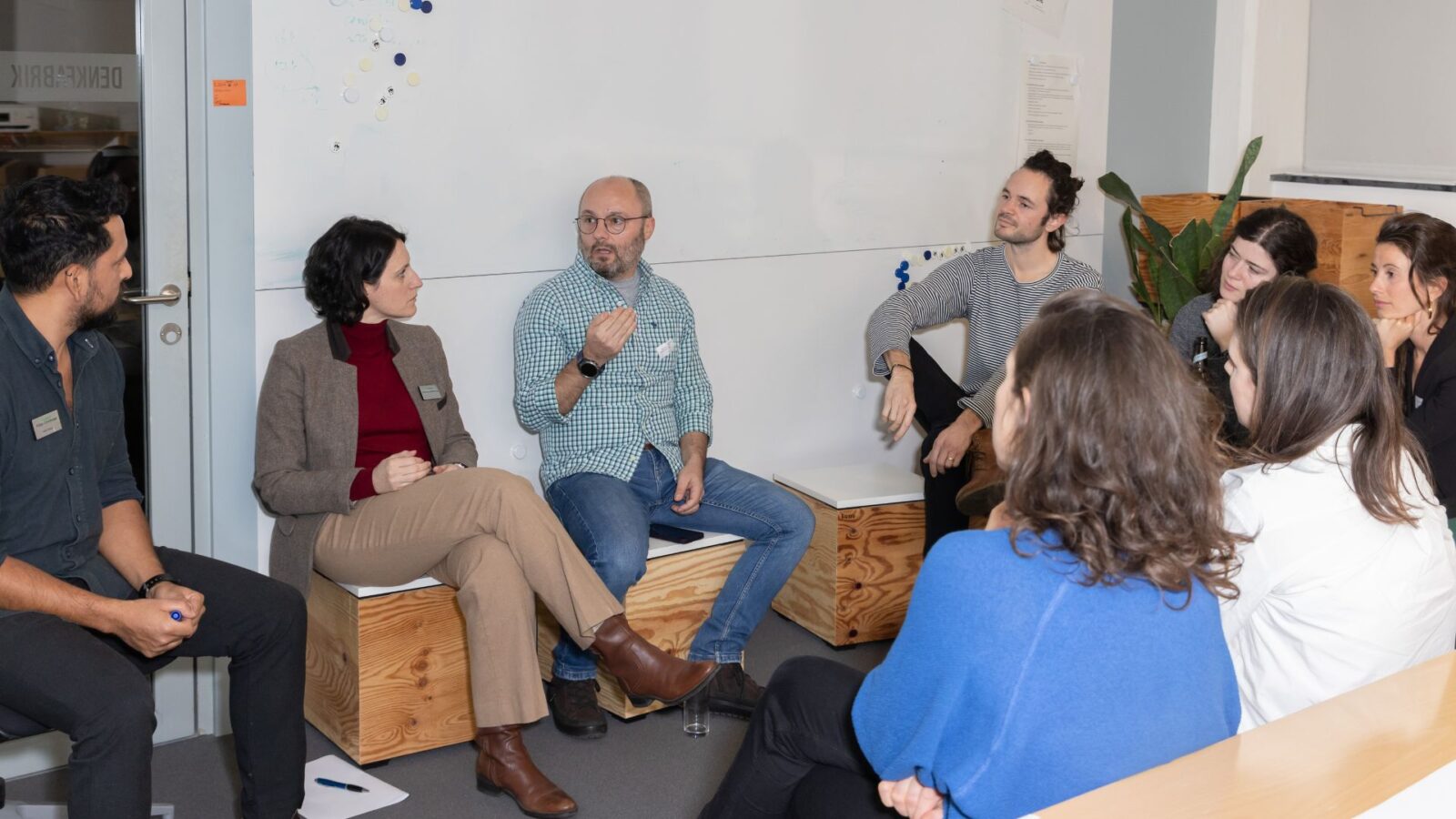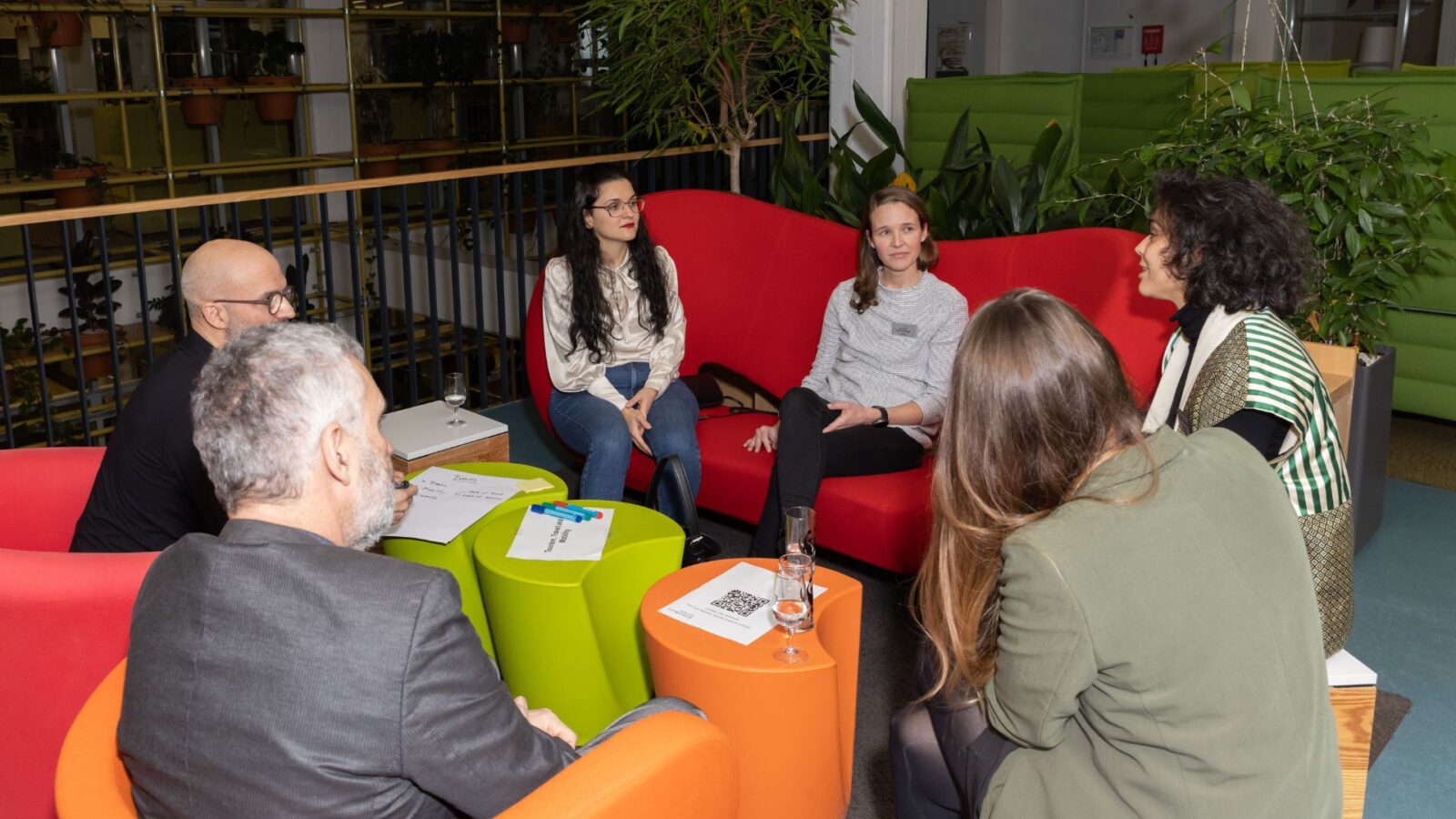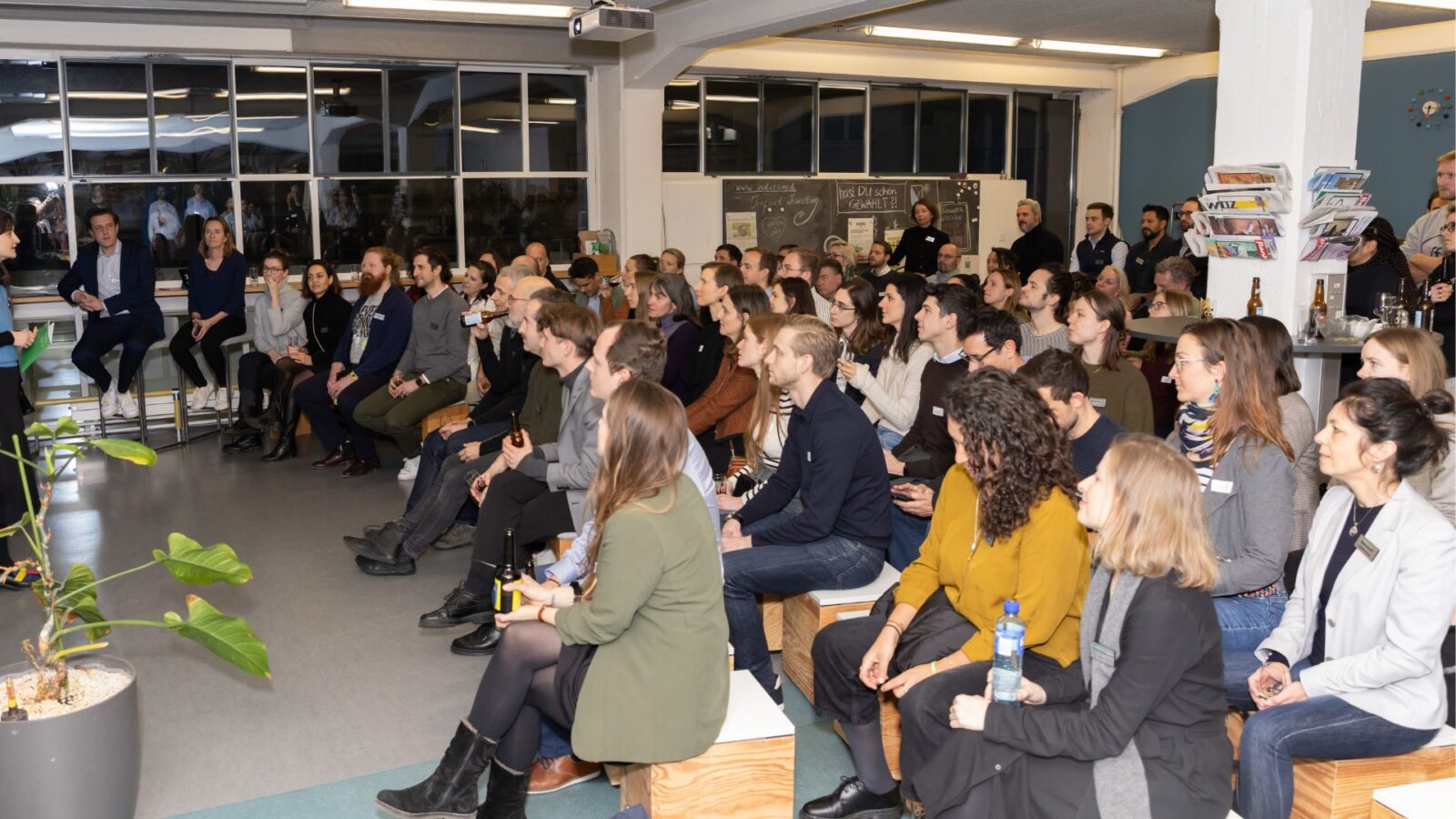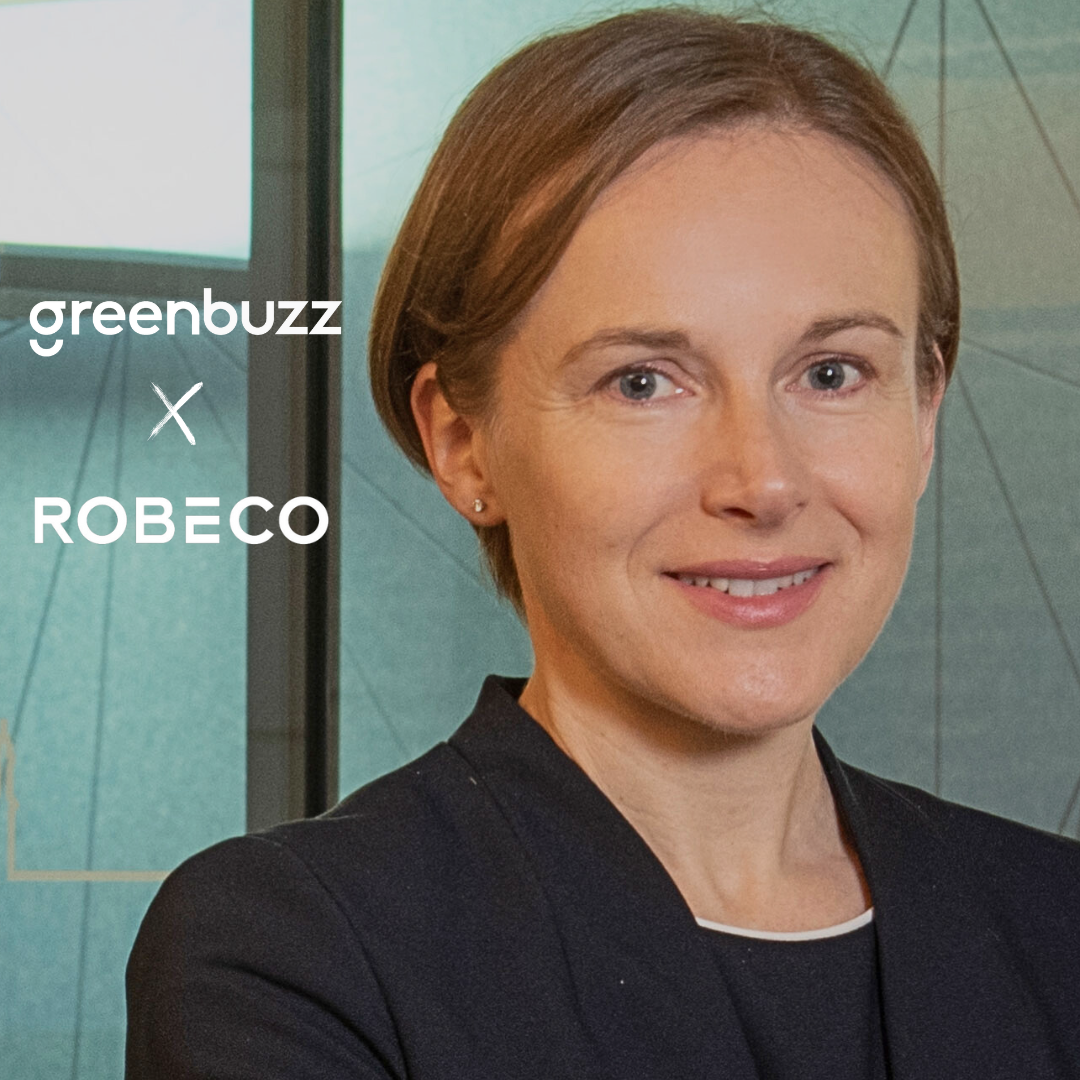February 15th –

During our New Year’s event on January 25th, we had productive discussions on various topics across different industries. The outcomes enabled us to identify possible sustainability trends for 2023 and to gain a deeper understanding of the challenges and opportunities in each industry.
Circular Economy – Moderated by Patricia Matzdorf & Andri Bodmer
- Growing interest & search for a starting point (e.g. non-virgin; circular material input)
- Development of regulations in EU and CH
- Increase in digitized solutions by start-ups
Sustainable Finance & Investing – Moderated by Emma Farrell & Sabrina Failo
- Focus on biodiversity (e.g. biodiversity credits; TNFD framework & data quality)
- More recognition of the interconnectedness of biodiversity & climate change
- Quantifying impact (e.g. from ESG to impact; impact investing)
- Growth in sustainable investment market (e.g. sustainability-linked bonds)
- Greenwashing (e.g. criticism of impact washing, blue-washing, rainbow-washing)
- Data Quality and reporting (e.g. push for scope 3 data & supply chain transparency)

Sustainability Reporting – Moderated by Tobias Stalder
- Expansion of reporting scope due to increasing regulations and stakeholder demand
- Increasing importance of software to ensure high data quality
- Trend towards shared data reporting, particularly for scope 3 emissions
Net Zero Roadmaps & Emissions Reduction – Moderated by Christina Nakhle
- Growing importance of scope 3 emissions and complexity of data collection
- Use of digital platforms for data collection
- Reputational risk of using “cheap” credits
- Focus on quality, prices and availability of carbon credits
- Collaboration within an organization and with business partners

Carbon Budgets, Credits & Offsetting – Moderated by Stephanie Bischof
- Carbon markets predicted to grow with a 13x increase by 2030
- Diversification of projects in the voluntary market, including nature-based and technical carbon removal solutions
- Low-emitting high profit industries to fill the gap (see Ambition Gap Report)
Energy Transition – Moderated by Julian Meitanis
- Overcoming social obstacles in energy transition through greater transparency
- The role of smart grids in enabling the energy transition
- Accelerating renewable energy deployment with necessary measures
Biodiversity & Climate Change – Moderated by Camellia Williams
- Growing awareness of biodiversity loss and need for systemic change
- Increase in local action
- Drive for better biodiversity measurement
- Changes to harmful policies/subsidies across industries

Food & Agriculture – Moderated by Fidel Chiriboga & Jessica Browning
- Consumers face information overload (e.g. labels, certifications, standards and ads)
- Hype around regenerative agriculture with challenges in definition & awareness of impact/costs for farmers & stakeholders
- Positive but also unintended negative consequences due to regulation changes
Travel & Mobility – Moderated by Holger Sigmund
- Desire for meaningful travel post-Covid
- Travel industry offering more transparent impact data
- Trend of combining travel for business and leisure (e.g. “Bleisure” and “Workation”)

Construction & Buildings – Moderated by Leonie Isler
- Growing interest in sustainable construction and green building
- Focus on innovative technologies and materials (e.g. 3D printing)
- Emphasis on smart building techniques using the right materials in the right places
- Growing public awareness
Equality, Migration & Health – Moderated by Emily Elsner
- Focus on transforming systems to reduce inequality and exclusion
- Discussing decolonization and debt cancellation without causing harm
- Balancing personal vs. political borders
- Opportunities for equality and health through digitalization (e.g. training surgery via VR)
Trends in 2023 – Open Discussion – Moderated by Lim Adriaenssens
- Companies expanding their focus from environmental to social topics
- Industries will move from target setting to implementation & scaling
- Sustainability as a status (e.g. companies are more outspoken on sustainability)
- Shortage of finding qualified employees




